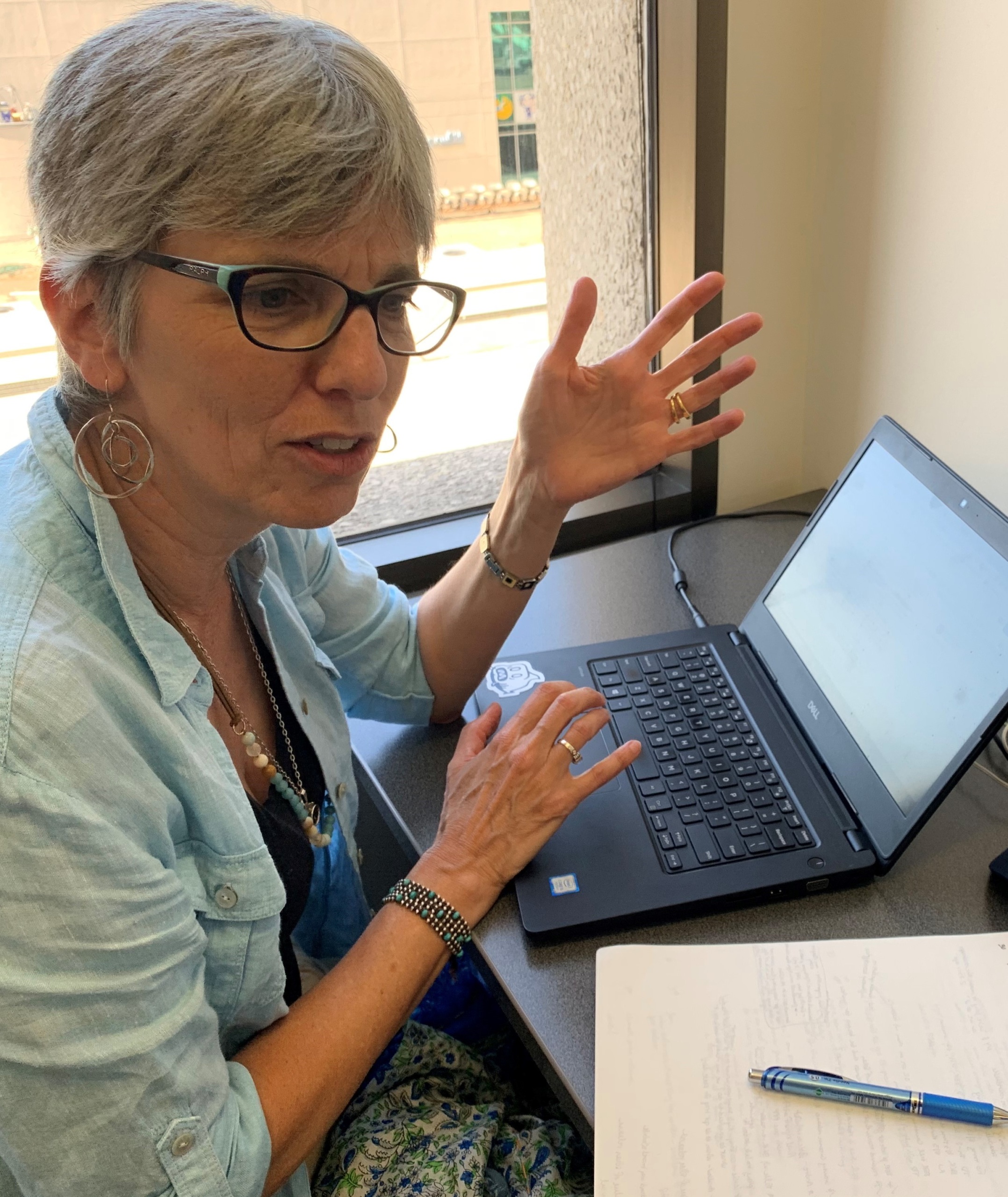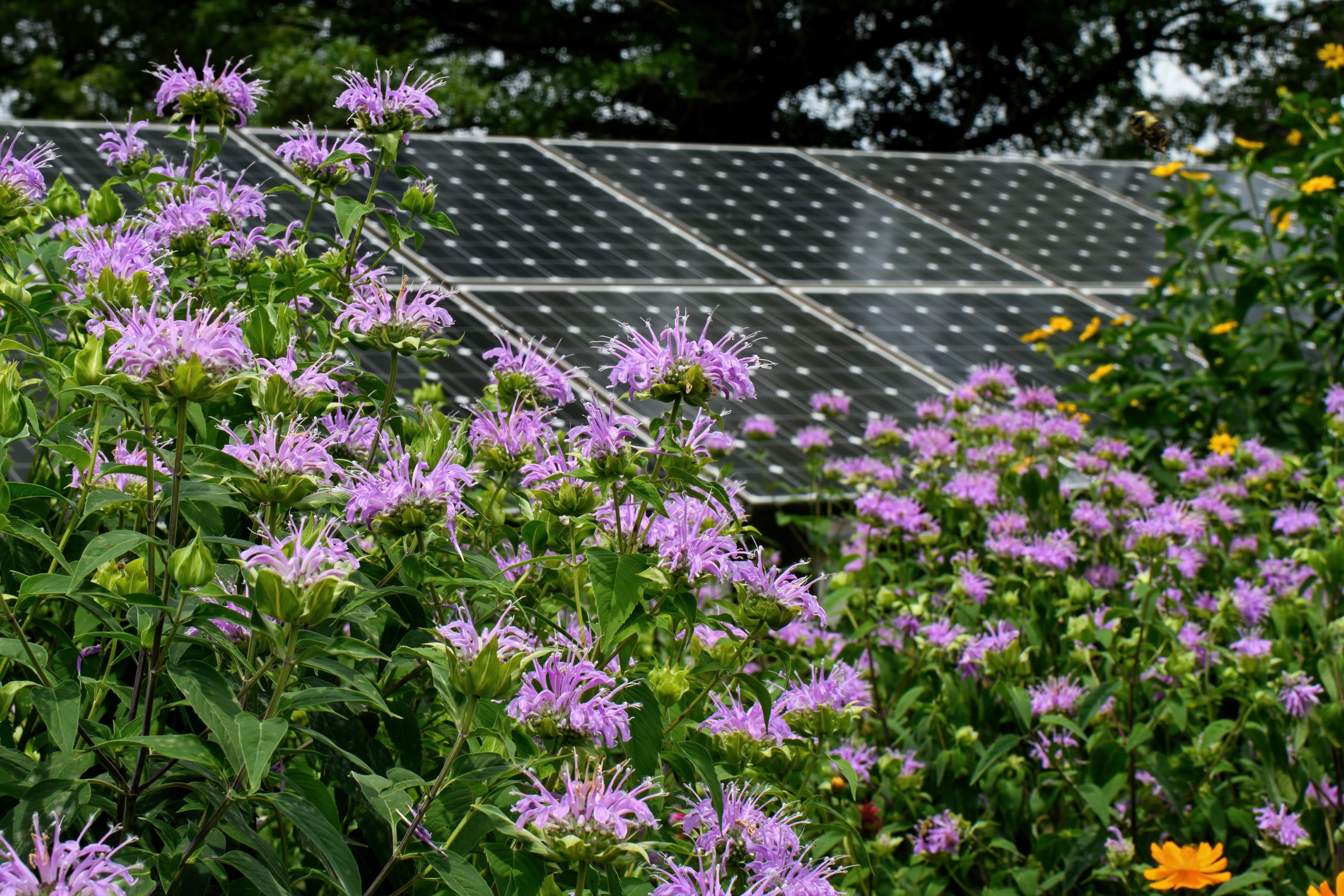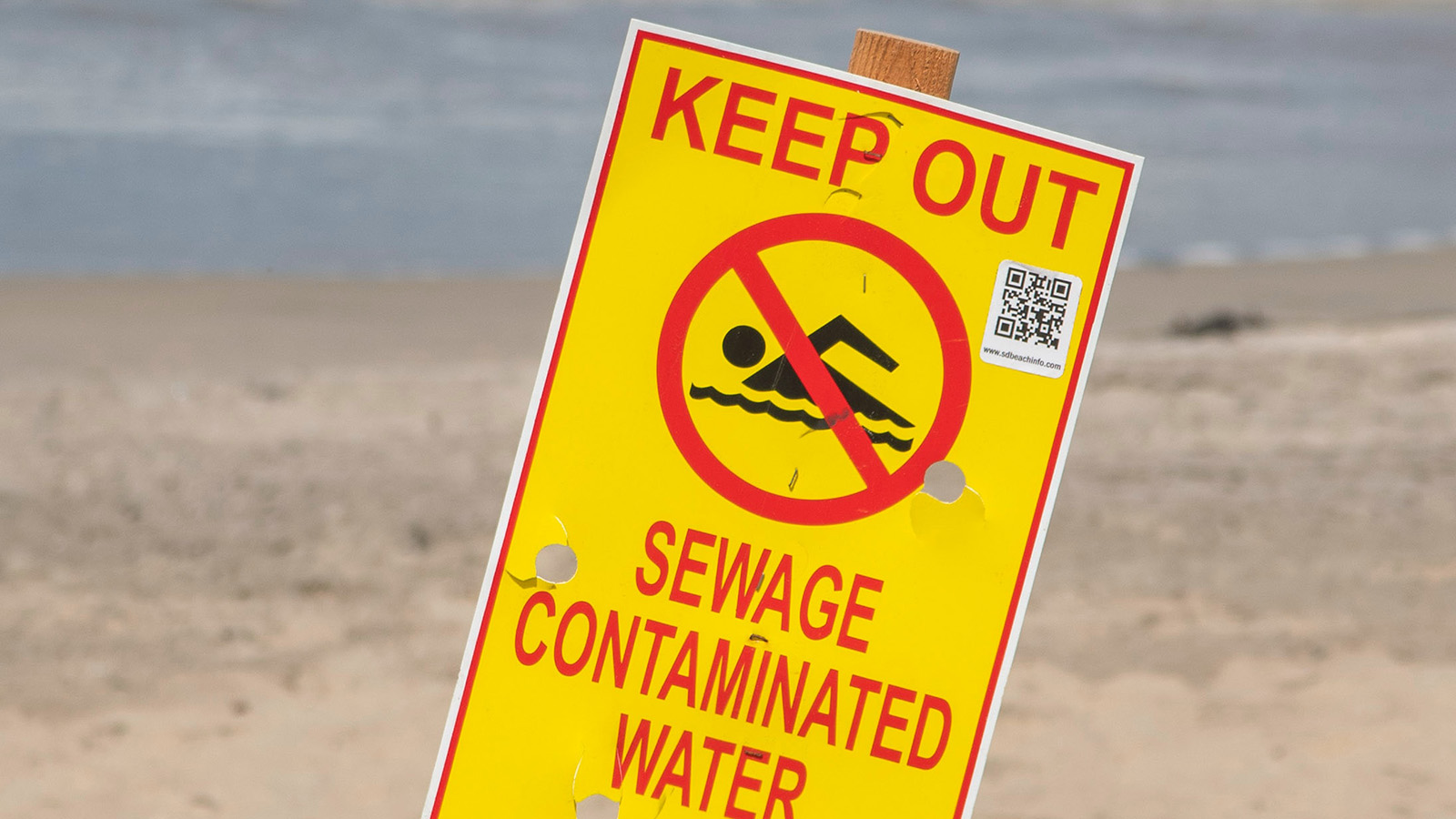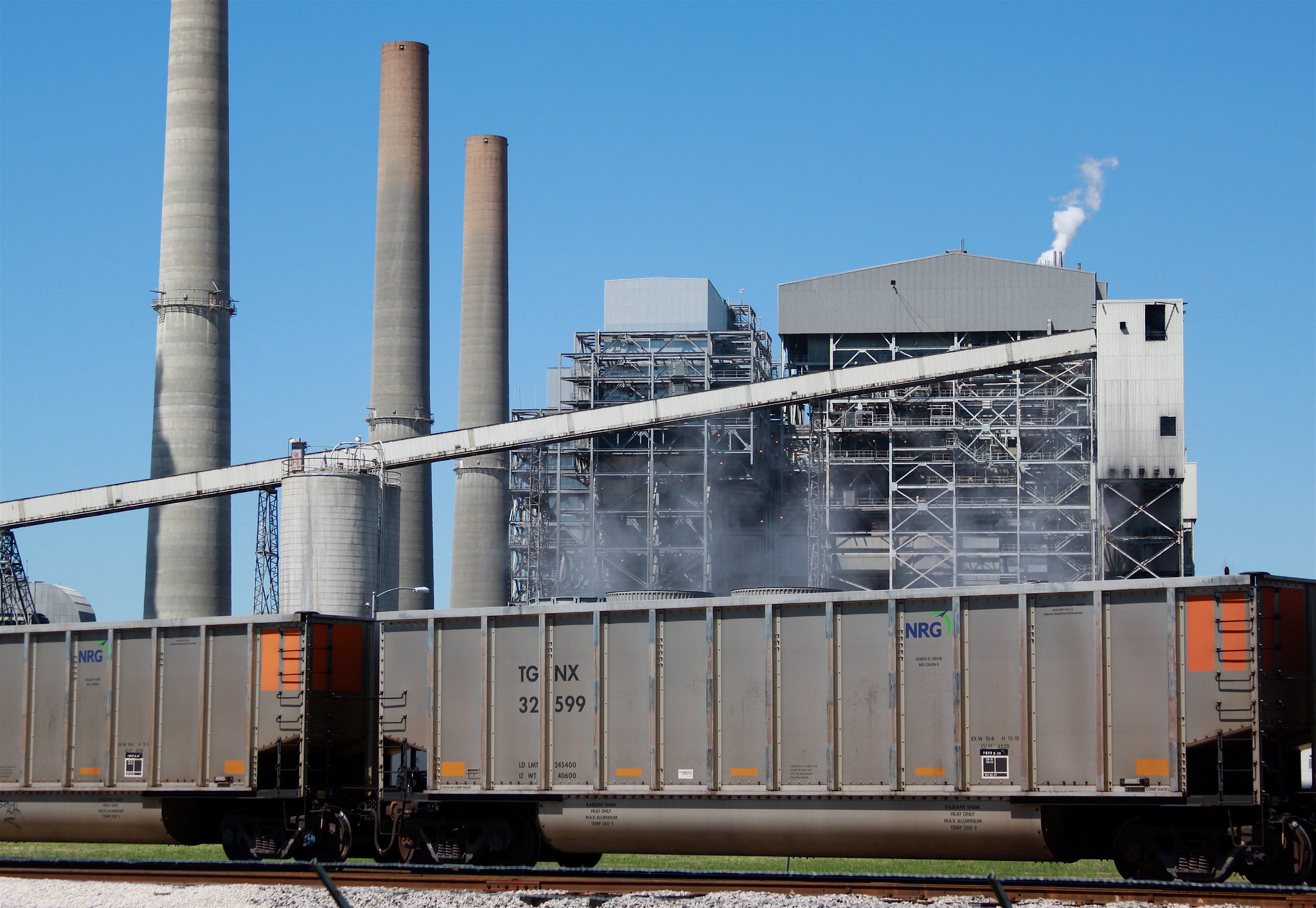
October newsletter: Wasteful highways, toxic waterways, and the rise of renewable energy
Infrastructure money could be wasted on highway expansion
Just seven proposed highway expansion projects could cost taxpayers across the country over $22 billion, while damaging the environment, encouraging more driving and sprawl, and failing to fix congestion. Our latest Highway Boondoggles report highlights wasteful projects in Maryland, New Jersey, Pennsylvania, Minnesota, Virginia, Oregon, and Ohio and Kentucky – bringing the total number of boondoggle projects in the report series to 65 since the first edition in 2014. Highway Boondoggles 7 was featured in Governing, The Hill and Streetsblog USA.
Renewable energy growing in all 50 states
America got more than three times as much electricity from the sun, the wind and the earth in 2021 as it did in 2012. And impressive growth occurred across the country in key clean energy technologies such as battery energy storage, energy efficiency and electric vehicles. Our new interactive Renewables on the Rise dashboard allows users to explore those headline stories, and also to compare the growth of renewable energy technologies between states and across the nation. The release of the dashboard was covered in The Hill and Grist.

A solar array on the grounds of Eastern Mennonite University.Photo by Dyoder | CC-BY-SA-3.0
Promise of the Clean Water Act unfulfilled
Industrial and government facilities dumped nearly 200 million pounds of toxic chemicals into waterways across the U.S. in 2020, with Texas, Indiana and Virginia having the largest releases of chemicals by weight. The new report, Wasting our Waterways, documents these releases and explores links between these chemicals and serious health effects such as cancer, reproductive problems, and developmental problems. Wasting our Waterways was covered by Inside Climate News (twice), Scripps (TV) and The Hill.
Methane and toxics and bugs … oh my!
Summer intern Amelia Lake showed how methane gas has been “greenwashed” to hide the true scale of the environmental, social and health damage it does … Policy Analyst Bryn Huxley-Reicher argued that we need to reimagine how we use chemicals – producing only those we need and only what can be made and used safely – and highlights new forms of toxicology testing that could make the system better … Senior Policy Analyst Elizabeth Ridlington explained why the social movement to “save the bees” should be extended to other, less glamorous, insects as well.
Topics
Authors
Susan Rakov
Managing Director, Frontier Group; Senior Vice President, The Public Interest Network
Susan directs Frontier Group, the research and policy development center for The Public Interest Network. Frontier Group’s work informs the public discussion about degradations to the environment and public health, threats to consumer rights and democracy, and the available routes to a better future. Susan lives in Santa Barbara, California; she has two children, a husband, and a dog, and is an amateur singer/songwriter.
Find Out More

Looking back at 2023

November Newsletter: Cleaner, quieter lawn care

July Newsletter: Safe for Swimming?


